Hai·ku /ˈhīˌko͞o/ – Noun: Minimalist poetic form following a 3-line, 5-7-5 syllable structure, hailing from Japan, often evoking nature to point to universal truths.
In the traditional Japanese form, Haiku often included a surprise juxtaposition in the last line. One of Haiku's most famous master practitioners was Matsuo Kinsaku, popularly known as Basho (1644-1694). Basho lived in Japan's the Edo period, though Haiku existed long before him. The exact origins of this Japanese form are lost in the mists of time.
The form has been popularized in the West as a teaching tool and as a source of amusement. Spiritual leaders and study groups may find value in the exercise of attempting to capture key truths from scriptural passages within such a set structure.
Haiku can be written on any subject, including ministry. Why not try one?
What are WebDefs?
WebDefs – simple definitions of key terms relating to ministry and healing arts – are a regular feature of NHM Ministrants. Offered (where applicable) in conjunction with select key scriptural passages and analysis, WebDefs can be a useful starting place for exploring a topic of interest.

